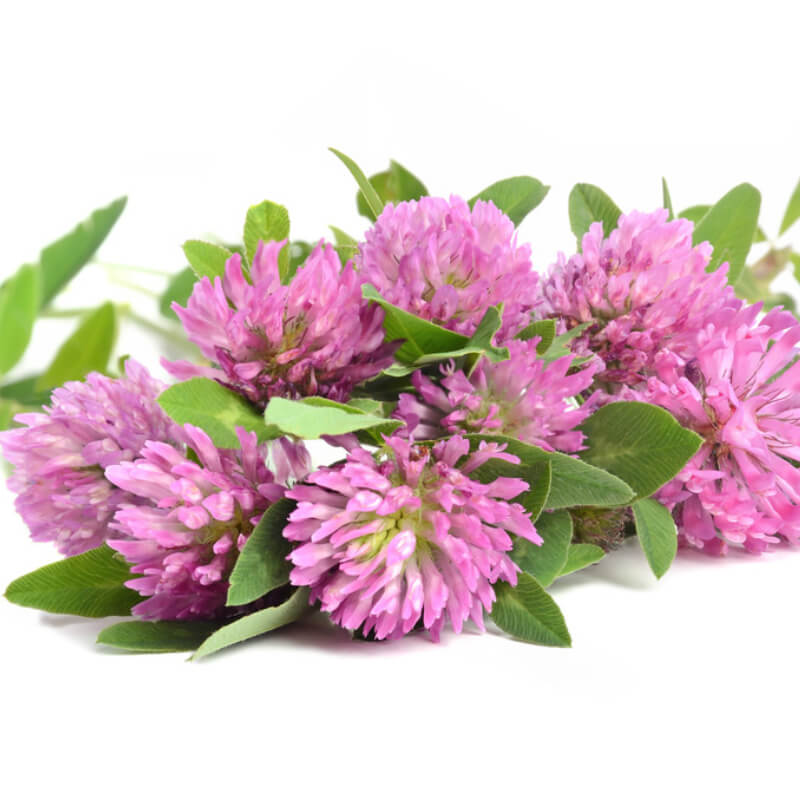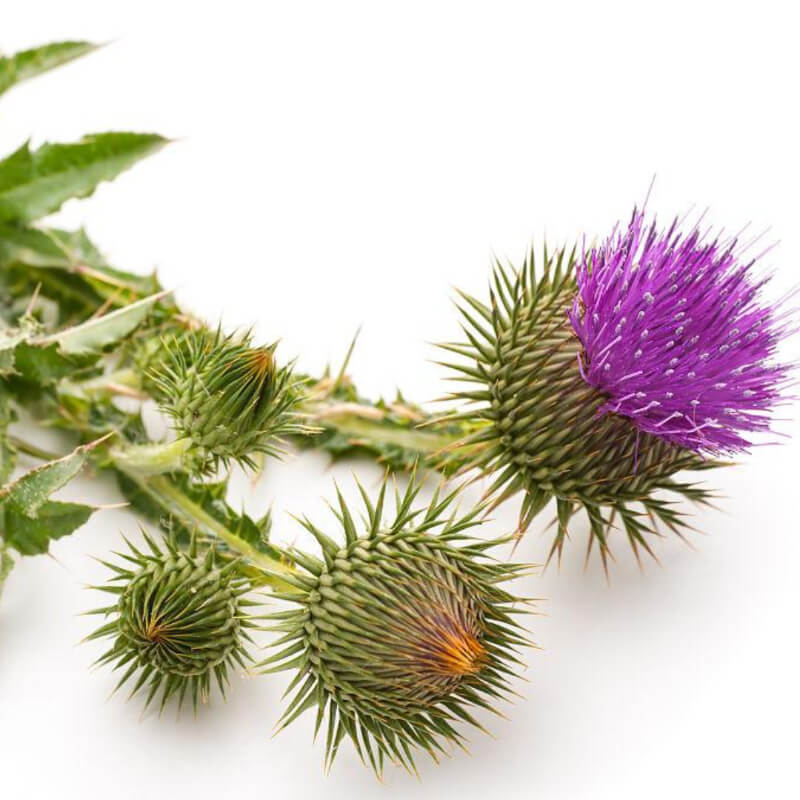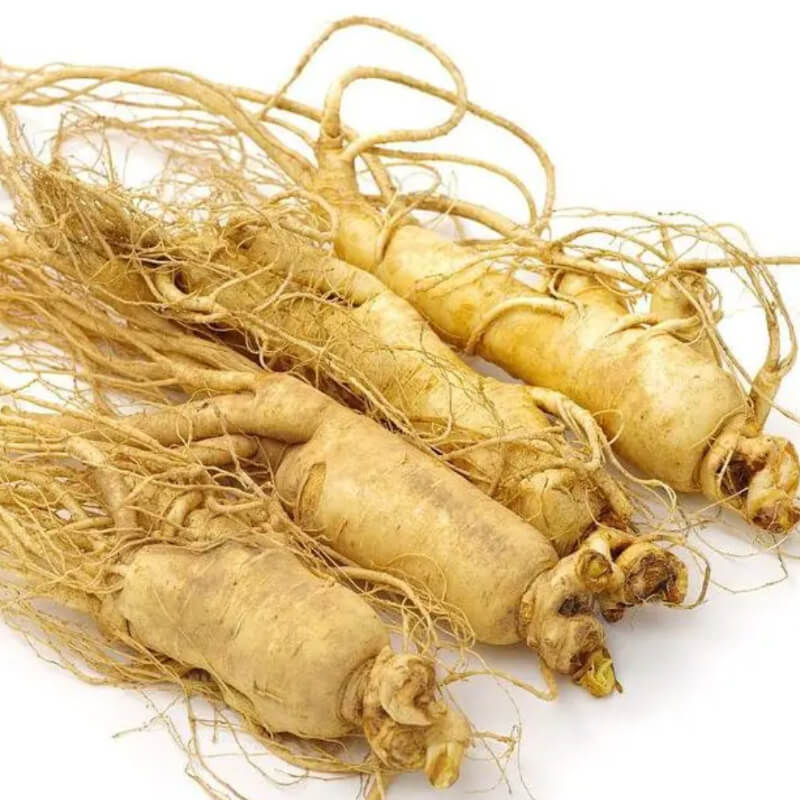Soy Isoflavones
Soybean Extract(Soy Isoflavones) Details:
Specification: 5%~95% HPLC From germs
5%~90% HPLC From cakes
5%~80% HPLC Aglycon
5%~10% HPLC Water-soluble
1%-5% HPLC Soy isoflavones (Feed additive).
Active Ingredients: Soy Isoflavones(Genistin; Genistein; Daidzin; Daidzein; Glycitin; Glycitein)
Mesh: 80mesh
Certificate: ISO22000; ISO9001; HACCP; Kosher; Halal
Annual Production Capacity: More than 100 tons
Shelf Life: 24 months
Solvents: Water and ethanol
Features: Non-GMO; ETO free; Non-Radiation; USP&EP Standard; Allergen (soy, gluten) free; Rich isoflavones; Phy-toestrogen.
Application: Pharmaceutical and medicine; Dietary supplement; Basic nutritional ingredients; Food additives and Cosmetics; Feed and pet industry. etc.
Major function: Phy-toestrogen; Anti-antioxidant.
CAS No.:574-12-9
Product Introduction:
Soy isoflavone is one kind of secondary metabolites produced during soybean growth. They are a type of bioflavonoid and also a plant estrogen. Soy isoflavones are a mixture with polyphenol structure, mainly divided into three groups, that is daidzin groups, genistin groups, and glycitin groups. Each group are existing in four forms: free form, glucoside form, acetyl glucoside form and malonyl glucoside form. The estrogenic effect of soy isoflavones affects hormone secretion, metabolic biological activity, protein synthesis, growth factor activity, and is a natural chemopreventive agent for cancer.
Soybean Extract(Soy Isoflavones) Specification:
| Test Item | Specification |
| Total isoflavones | ≥ 40.0 by HPLC |
Daidzin | |
Glycitin | |
Genistin | |
Daidzein | |
Glycitein | |
Genistein | |
Appearance | Light yellow powder |
Odor | Characteristic |
Bulk Density | 45-62g/100ml |
Moisture | ≤ 5% |
| Ash | ≤ 5% |
| Total Heavy Metals | ≤ 10 μg/g |
Arsenic (As) | ≤ 1.0 μg/g |
Lead (Pb) | ≤ 2.0 μg/g |
Mercury (Hg) | ≤ 0.1 μg/g |
Total Plate Count | ≤ 1,000 cfu/g |
Molds and Yeasts | ≤ 100 cfu/g |
Salmonella | Absence/10g |
E. Coli | Absence/10g |
Remark: Any special quality request could be checked with our sales team.
Production Process:
Soybean meal(germs)→Extract→Extracting solution→Concentrate→Ethanol recycle→Concentrate liquid→Drying→Crushing&Mixing→Detecting→Packing→Final product.
The function of soy isoflavones to women.
1. Preventing menopausal syndrome in women
During menopause period, due to decreased ovarian function and the levels of estrogen in the body, a series of symptoms may occur, so now estrogen supplement is very necessary. It can help preventing and treating such symptoms.
2. Help preventing and improving osteoporosis
The high incidence rate of osteoporosis in elderly women is mainly due to the decline of ovarian function. Soy isoflavones can interact with bone cells. The binding of estrogen receptors on the body reduces bone loss and increases calcium absorption.
3. Increase bone density and prevention of breast cancer
The structure of soy isoflavones is similar to estrogen, so they can bind to the surface of cells.
Female receptors activate other anti-cancer mechanisms, reducing the risk of women suffering from high levels of estrogen.
Other application and research for soy isoflavones.
1. Preventing cardiovascular diseases
Epidemiological investigation has found that people who eat soybean products for a long time can delay the occurrence of arteriosclerosis, reduce the concentration of total cholesterol in blood, and reduce the incidence rate of heart disease. The mechanism of action of soy isoflavones in cardiovascular diseases is diverse, with mature mechanisms including antioxidant effects, receptor regulation, inhibition of vascular smooth muscle cell proliferation, and anti thrombotic effects. Soybean isoflavones can inhibit tyrosine kinase and reduce tyrosine protein phosphorylation in platelets, leading to a decrease in platelet activity, which reduces its deposition and aggregation on the vascular wall and prevents thrombosis related to atherosclerosis in the whole body.
2. Soybean isoflavones and diabetes
The level of antioxidant enzymes in pancreatic beta cells not only affects their ability to resist free radical damage, but also related to insulin release. It has been reported that soy isoflavones can inhibit the absorption of sugar in the small intestine and better regulate the balance of glucose metabolism in the body when interfering with diabetes. Eestrol, the bacterial metabolite of G, D and D, can prevent glucose induced LDL lipid peroxidation in human in vitro. Soy isoflavones can inhibit the absorption of sugars by the small intestinal mucosa of rabbits in vitro. In addition, soy isoflavones have a weak estrogen like effect on the metabolic disorders of diabetes patients also have a certain regulatory function.
FAQ:
1: How can I get a sample?
We can offer 20-200g free sample for your testing based on different products.
2: MOQ(Minimum Order Quantity)
Above 1kg.
3: How do you control like pesticides residue, heavy metal, microbio, physical index or other Hazardous substances for each product?
We control them from raw material, will ask raw material supplier to test. After all items are qualified, materials are accepted by us. For heavy metal, microbio and physical index like assay finished products, we test in factory lab, for pesticides residue and other index we test it in third lab such as SGS and Eurofins or based on customer’s request.
4: When I will get reply for my inquiry?
Our sales will reply you within 24hours, if it is very urgent, please call us directly.


